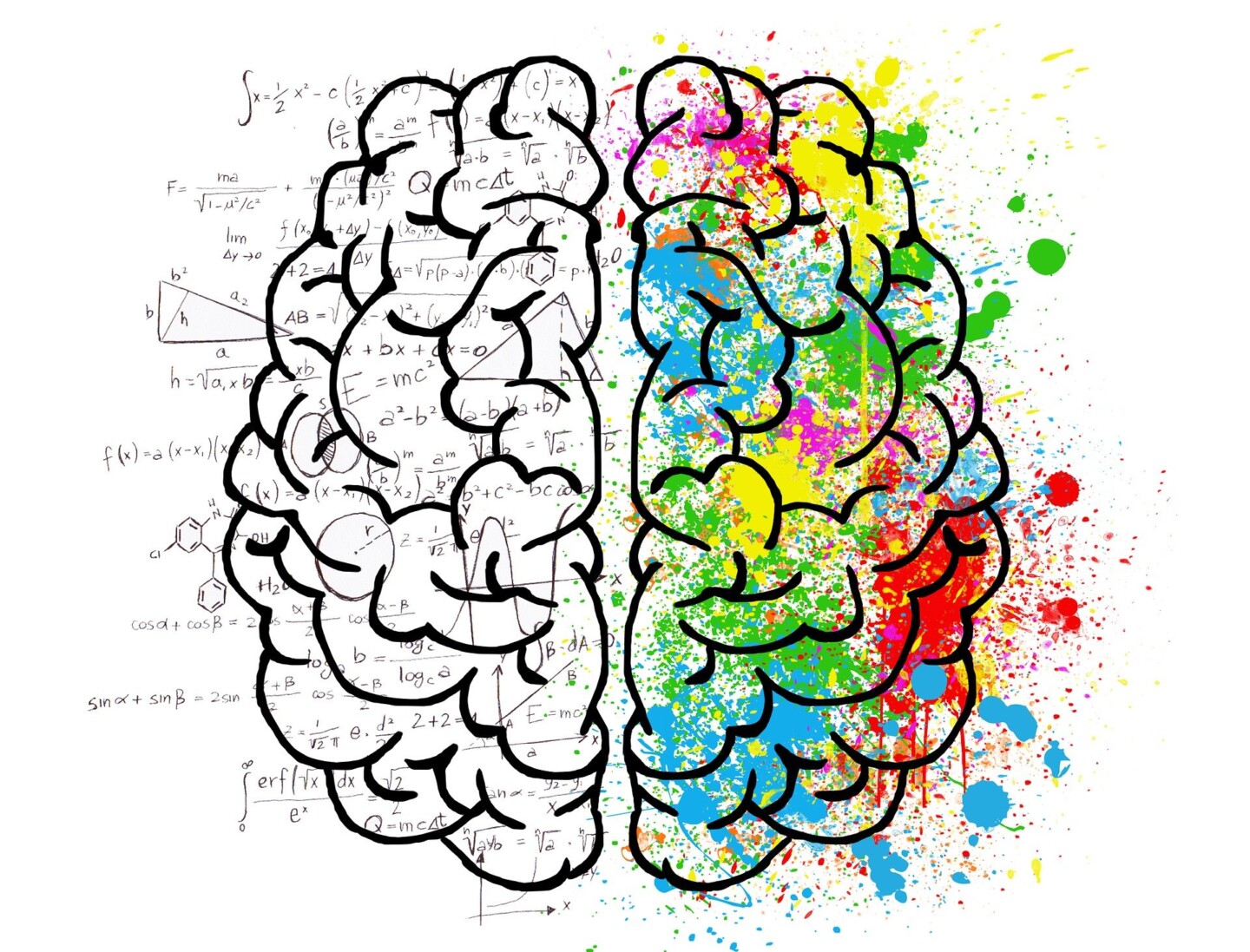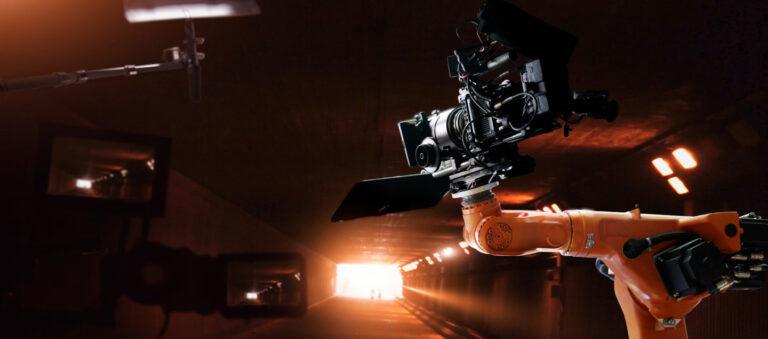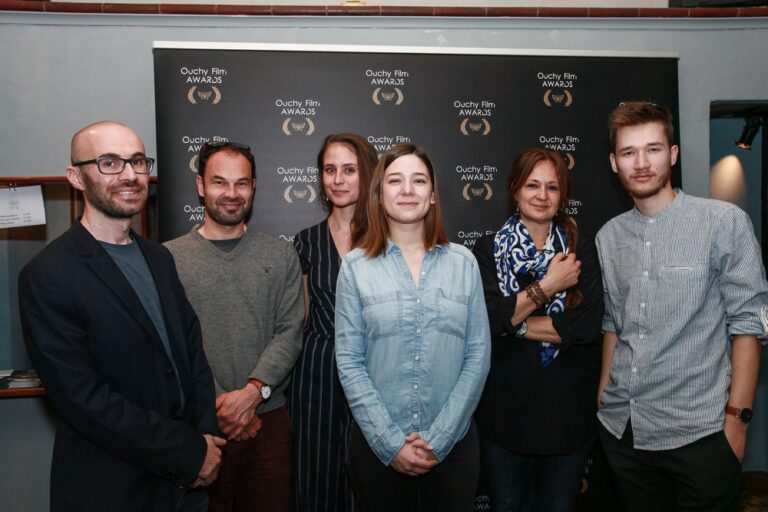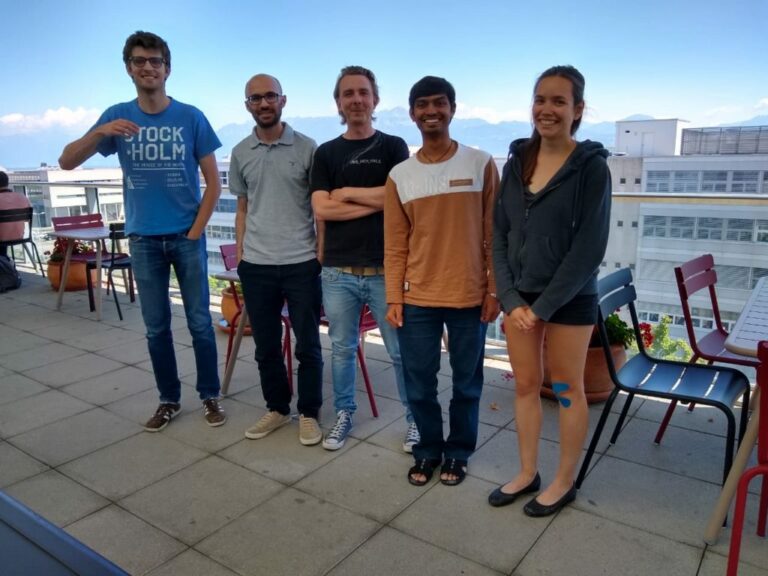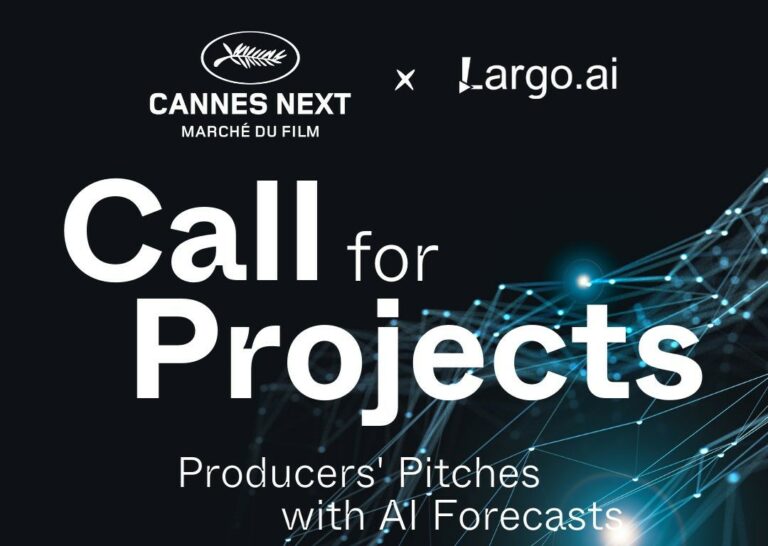If there has been one singular cause of social and cultural change, it has been technology. Indeed, so important have scientific and technological advances been that we even name our history by them – the stone age, the bronze age, the iron age, the digital age, etc.
We all know that the advance of technology is increasingly speeding up. As each new change arrives, the world around us does too. While not all changes are necessarily good, (just consider the superficial world of Instagram influencers) the vast majority of these changes are for the good.
Of all of our creations, it is the computer, and with it, machine learning and artificial intelligence, that has the biggest promise. AI technologies have already started to revolutionize the world that we live in, from facial recognition, AI-assisted moviemaking, to vastly improved product recommendation systems, the revolution has already begun.
All of this is amazing when you consider that AI is still an infant compared to its true potential.
So, while we all know where we stand today with AI in moviemaking, the question is what can we expect from AI technology and the companies that are developing it for movie production next year?
Unlocking the Future: AI in 2022
One thing is for certain about AI in 2022, it will be a lot better at the end of the year than at the beginning. The great advantage of AI systems is that they can work 24/7 with no break and they never forget what they have learned.
Consider the example of a human learning a language. It takes a huge amount of energy. Mistakes, for example, are frequently repeated until eventually the child masters the skill. Eventually, most people reach a plateau when they stop studying and simply use it in their day-to-day lives.
Since an AI system learning a language (Google, Microsoft’s language AI’s, etc) will learn a pattern or word usage and not repeat the same mistake twice, these systems have the ability to master even the most remote dialects of any language as well as how to correctly use all the words in that language. All this depends on one thing, training. The more we use them the better they will get.
In the case of the application of AI in the movie industry, this will have a number of visible results. Let’s start with the onscreen stuff.
This year it was announced that Bondit Capital Media would be making the first-ever film to feature an AI actor. The AI actor was developed by a group of Japanese data scientists who had ‘developed’ the AI actor before being approached by Bondit Capital Media to make a film with it.
Well, while most people assume that this is the end of the story, it is not. The AI engineers will continue to train the AI actor well after the film is finished to help it to improve its acting. Everything from its mannerisms, body language, to how it uses its voice, will continue to be refined. Simply by changing the face, for example, the data scientists training the AI can begin to help the AI understand the differences between genders and therefore add a whole new layer of depth and complexity to both the AI’s understanding of us and to its acting abilities.
The same principle is true for AI tools that assist moviemaking. From AI tools that help with editing, storyboarding, production scheduling, to casting and gross earnings predictions, all these current AI tools will become even more accurate by year’s end.
The real leap in this technology will come from the hard work of the artificial intelligence scientists, the computer programmers, and the business professionals behind these companies.
Without a doubt, AI platforms are going to expand both horizontally and vertically.
The horizontal movement will come as AI platforms begin to use their existing systems and to retrain them for new purposes. One such example comes with Largo.ai which has just announced an exclusive partnership with Stories AG, an advertisement production company that is based in Zurich, Switzerland, to develop its AI for use by advertisers to improve their adverts. Many other companies will follow suit next year by retraining their AI systems to solve new problems in related industries.
In the vertical sense, AI companies will continue to develop their platforms by adding more and more features and tools to them. Naturally, this will serve the purpose of making their AI systems more attractive to users, which, in turn, will mean an increase in their usage and a further increase in the accuracy of these systems.
AI-assisted moviemaking advancements are likely to include more tools to allow producers and filmmakers to adjust certain aspects of their projects to see what the effects will be. So, for example, it is likely that by year’s end, AI platforms will offer users the chance to chop and change actors, for example, to see which combinations work best to achieve their goals. Today, users can see which are the most suitable actors, but the new tool will make it far easier to create combinations and to experiment to get the best results.
Another feature that we will likely see by year’s end are tools relating to soundtrack and music. Today, it is possible to access AI tools that help assess and improve soundtracks and musical mixes, but these have yet to be incorporated into AI-assisted moviemaking platforms.
These are just a few examples of the kinds of new tools that AI movie makers will have access to by the end of next year. With the increasingly powerful insights that they offer, more and more filmmakers will be rushing to jump on board to get AI to help them to improve their films.
2022 is set to be the best year for AI yet, watch this space to find out all the latest and most exciting developments.
If there has been one singular cause of social and cultural change, it has been technology. Indeed, so important have scientific and technological advances been that we even name our history by them – the stone age, the bronze age, the iron age, the digital age, etc.
